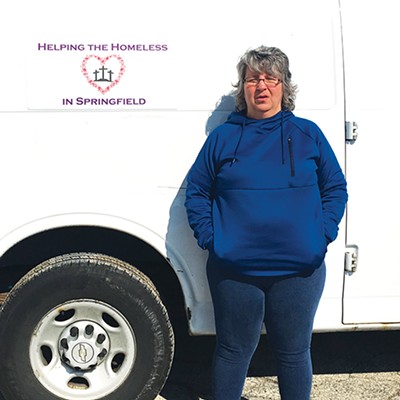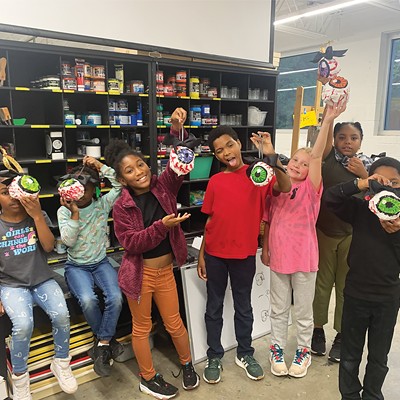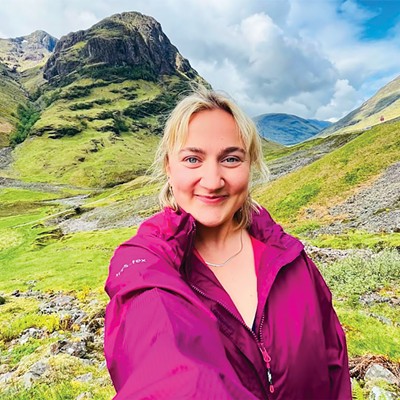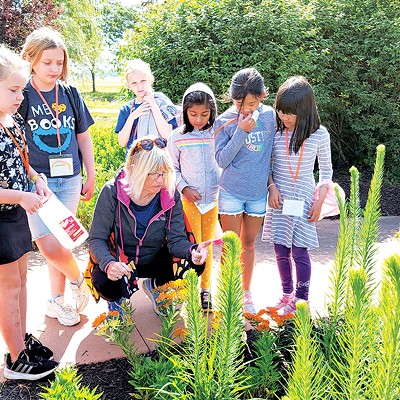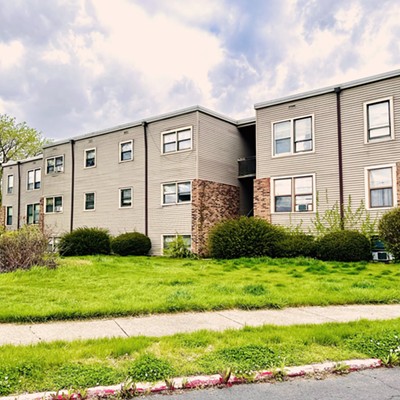COVID-19 is making the rounds. This global chaos has shifted our sense of normalcy, with our public lives mostly cancelled or postponed. The ramifications may vary, though epidemiologists opine we are 10-14 days behind Italy, and if we want to see our future, we should look there. A global epidemic is upon us. We as a species find ourselves highly vulnerable, with global supply chains short on redundancy and the competing narratives of politics running rampant.
Despite living in the wealthiest economy to ever exist, we Americans find ourselves only as strong as our weakest citizens. The winner-take-all economy has revealed a nation sorely wounded across political and social lines. We have politicians and sometimes leaders telling us how to vote, but the reality on the ground, in our neighborhoods and communities, reveals that sound bites rarely translate into enriching lives.
After a year of being checked into politics, mainly for the gathering of ideas that may be working their way toward our nation's capital, I find myself embracing a few big ideas. They made sense to me before I had ever heard of COVID-19. They especially make sense to me now.
Universal health care is a no-brainer. I don't want to put more money in the hands of my government any more than the next person, but at the same time, a lack of health care is hurting families. The lack of affordable health care options for many Americans is only going to result in a more widespread epidemic, making it harder for everyone to access doctors and hospitals. Universal health care, while not perfect, has a stellar track record in many European countries, for far less money than we currently pay for far less care in America.
The second is a universal basic income (UBI), the idea that adults receive a cash dividend on a monthly basis, paid largely through transaction taxes, also known as value-added taxes (VAT). Economists are puzzling over how we can enact the quarantines necessary to halt community-transmission of COVID-19 while not crashing our economy. Among the answers is cash payments, much like Americans received after the housing market crash in 2008. While those payments were a one-time deal, proponents of a UBI say it will counteract the decay of many communities. These statements were true before COVID-19, with 40% of Americans unable to meet the demand of an unexpected $400 emergency. How are these Americans going to meet the demand of a quarantine? Of entire industries shutting down? Putting money directly into the hands of the people, allowing them to meet their needs as efficiently as possible, is the best way to help working families through this crisis.
Lastly, all advanced economies besides our own have a national paid-time-off policy. This allows for workers to maintain their health. A significant portion of American workers do not have paid sick leave, and many of these are in highly public jobs, such as food service, housekeeping, retail, etc. If you've ever been a lower-wage worker without paid sick leave, you know how hard it is to go without a day of pay. Also it is hard to find a boss who will accept your need to rest while sick.
I feel these three policies would drastically change outcomes for not only the most vulnerable in our society, but for us all. As a nation, we are only as strong as the weakest of our citizens. We do not have a few vulnerable citizens, but millions. These policies are common in other countries, where big business and lobbyists do not sit at the table of governance. Perhaps money in politics is the biggest driver of poor health of our nation. We are long past the need to evolve socially. We have a greater understanding of the world we live in, but are still living in a world built in the last paradigm. We can evolve in our social understandings of the world. We can choose to advocate for ourselves, and our descendants.
Carey Smith of Springfield is a writer and a gardener.


